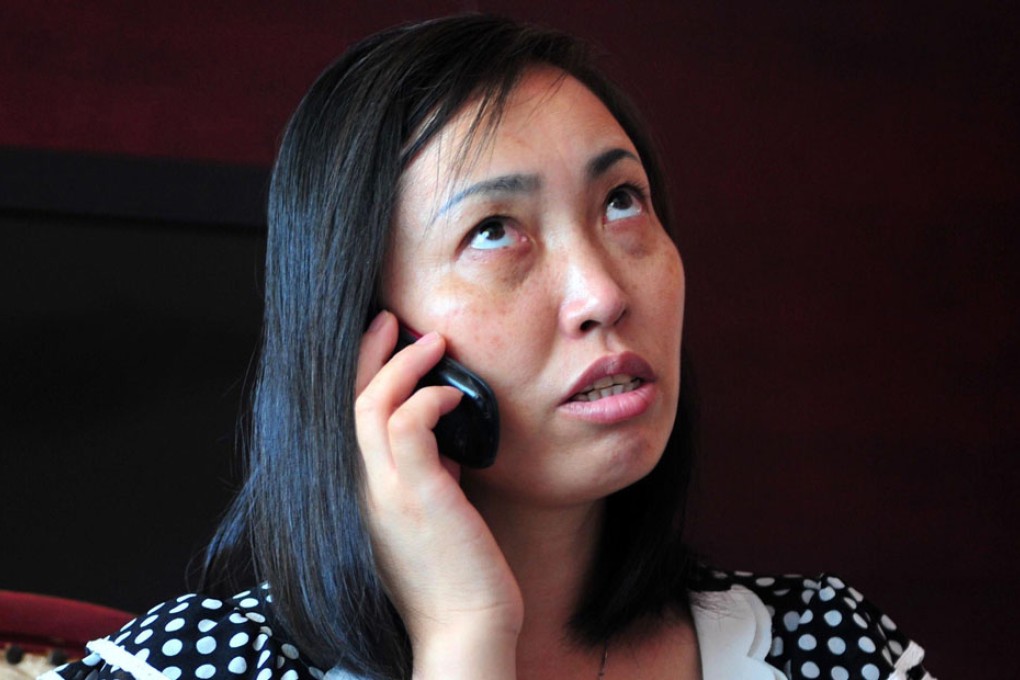Muddled laws 'prevent justice' for young rape victims
Courts are wrongly charging offenders with soliciting young prostitutes, experts say

Yu Jianfeng had been waiting for months for a district court in Qingyuan in Guangdong province to try the man who had raped her daughter.

Unbowed, Yu spent years petitioning authorities to revisit the case, but her pleas went nowhere. In frustration, she took to her Sina Weibo account threatening to bomb the municipal government building. Police detained her briefly and handed her a fine, but Yu is unapologetic.
"Seeking justice for a daughter is every mother's responsibility," Yu said. "Is this still a country if we just allow officials to abuse the rule of law?"
Yu has been compared to Tang Hui, a Hunan mother who gained national sympathy after she was sent to a labour camp while seeking justice for her daughter who was abducted, raped and forced into prostitution.
Yu has been warned a number of times by police, been detained three times and undergone re-education through labour for four months, but she is not about to give up.